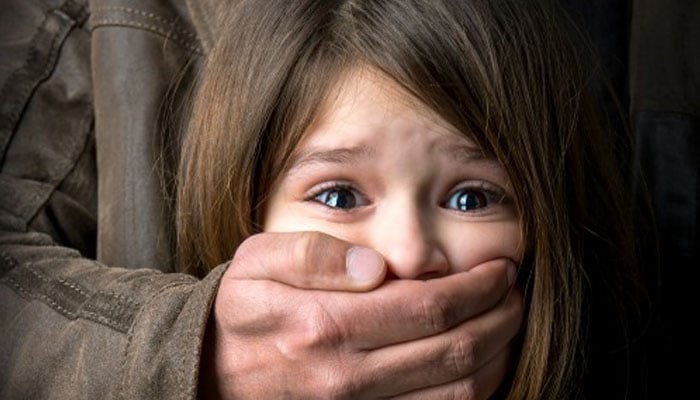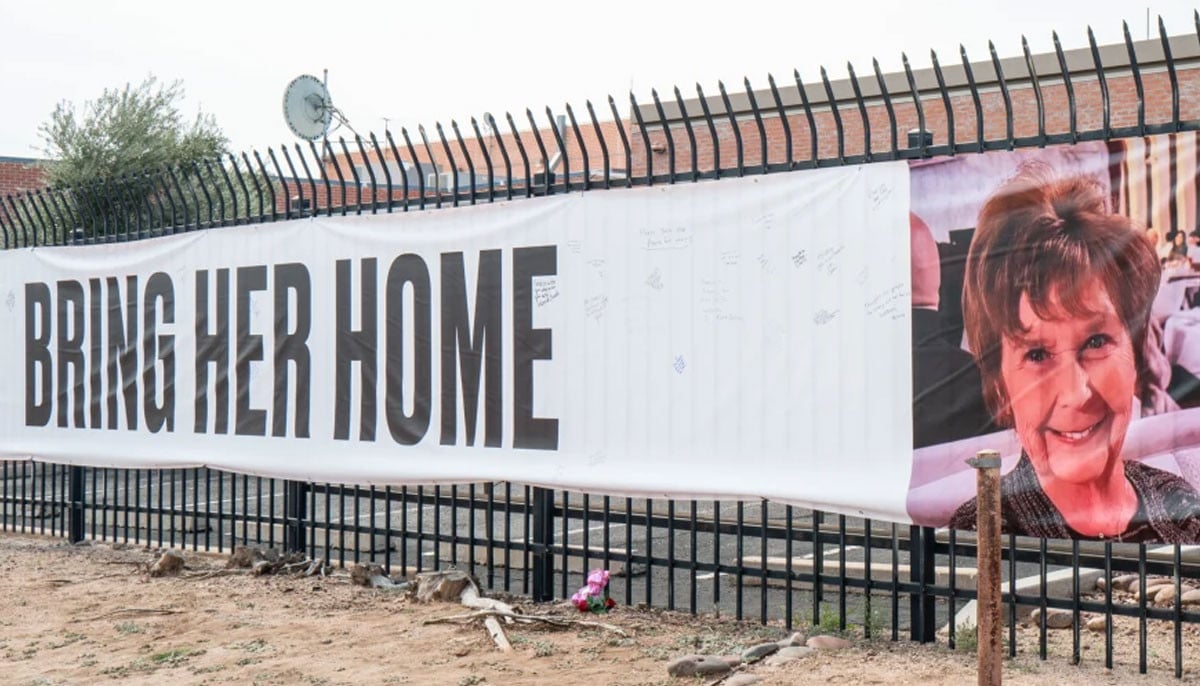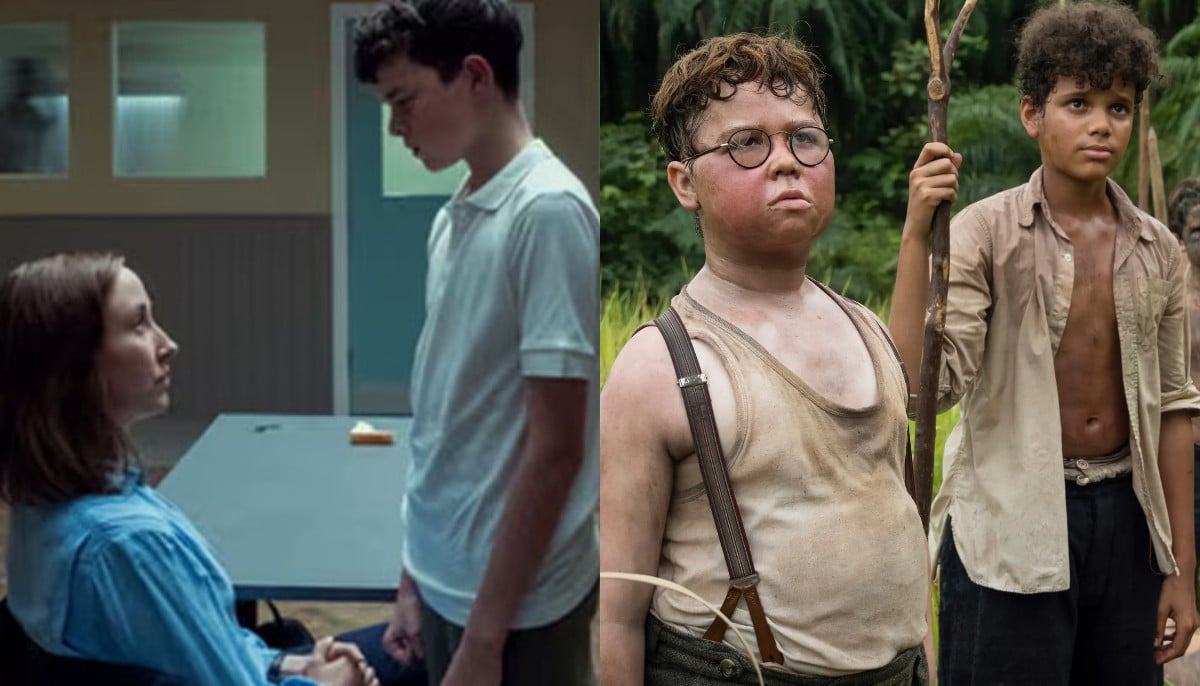1 in 6 Australian men admit predatory sexual feelings for children, reveals study
15% of Australian males confessed that they would have sex with a child under the age of 14
Nearly one in six Australian men admitted to having predatory sexual feelings for children and teens, and nearly one in ten admitted to having perpetrated child sexual offences, but few of them were ever arrested, as per the disturbing data on the prevalence of child sexual abuse
If no one found out, 15% of males confessed that they would have sex with a child under the age of 14.
Over 1900 males between the ages of 18 and 65 participated in a nationally representative random survey as part of the University of NSW and Jesuit Social Services study. The results align with prior research on survivors and peer-reviewed comparative studies conducted in the US and Britain.
About 80 police, public workers, survivors, and psychologists in Sydney listened to the research's principal author, UNSW Associate Professor Michael Salter on Monday.
According to Salter, this was the first Australian research to concentrate on perpetrators who went unnoticed. He aimed to enhance child sexual abuse prevention and early identification.
“The aim of this study was to flip the script and really bring to visibility the men in the community who are harming children who never come to the attention of the criminal justice system,” Salter said.
According to Salter, the ideal criminal was "the classic person who you'd never suspect." One in twenty of the males who participated in the anonymous poll claimed to have predatory sexual feelings for children and to have committed crimes; these individuals were also more likely than other men to be married, have better salaries, and work with children.
In spite of their outward success, the men were more likely to report experiencing negative childhood experiences, anxiety, sadness, and binge drinking. Additionally, they were more likely to use encrypted applications, social media, bitcoin, and pornography featuring violence or other gory content.
According to Salter, the study concentrated on male criminals because female offenders were less frequent and typically co-offenders.
The National Office for Child Safety in the federal Attorney-General's Department, the Office of the eSafety Commissioner, and the Australian Federal Police headed the Australian Centre to Counter Child Exploitation (ACCCE), which collaborated on the survey's design.
Men were classified as offenders by the research if they acknowledged engaging in any one of the following behaviours as an adult: paying for online sexual interactions, images, or videos featuring underage people; harassing or having sexual conversations online; using a webcam in a sexual manner; or purposefully viewing pornography featuring children.
Among those polled were young men, however, the majority of perpetrators were older.
Based on whether respondents openly acknowledged having predatory sexual desires for children and teens, stated that the youngest age they find appealing is usually under 18, or admitted they would have sex with a child under 14 if no one found out, it was determined that 15.1% of respondents had these thoughts.
At least 10.2% of respondents admitted to having predatory sexual urges for children but claimed they had not followed through on them.
Approximately 4.2% of men, who had no sexual urges for minors, had committed offences and shared comparable demographics as non-offenders.
According to Salter, the ease of committing crimes online, entitlement or sexism, the desire to inflict pain or assert control, and drink and drug use might all be triggers.
The eSafety commissioner Julie Inman Grant and former Australian of the Year Grace Tame are among the speakers scheduled for the occasion.
Tame stated that the study validated the accounts of survivors, herself included, on the characteristics and behaviours of juvenile sexual offenders.
“They deliberately cultivate personas of alleged good character and ingratiate themselves with respectable institutions to strengthen their networks and cover,” Tame said.
The study, according to Inman Grant, is "sobering and distressing" and sheds light on the part that technology plays in the modern epidemic of child sexual abuse.
The study was made possible by funding from Westpac's Safer Children, Safer Communities programme, which mandated that the public report be made available prior to scholarly publication. Several articles are being prepared by the writers for peer-reviewed publications.
The AFP promised to evaluate the results and is primarily in charge of handling cases of child sexual abuse perpetrated online. In the previous fiscal year, the organisation received almost 40,000 allegations of child exploitation on the internet, detained 186 individuals for federal offences including child sexual abuse, and sent 545 cases to other law enforcement agencies in Australia.
According to a spokesman, there are an increasing number of instances of "sextortion," in which a minor is forced or deceived into providing explicit photos or engaging in explicit internet interactions.
The Australian Bureau of Statistics' most recent data indicates that in 2019, police received 8068 reports from minors who had been sexually assaulted, and another 3764 reports from persons who had been assaulted but had not reported it right away.
At least 11.3% of women and 3.6% of men reported having experienced sexual abuse at the hands of an adult before turning 15 in the ABS personal safety survey, which was released in March.
One in five boys and one in three girls, or 28.5% of the total, reported having suffered sexual abuse before the age of 18. These findings come from the Australian Child Maltreatment Survey, which involved 8,500 Australians and was published in the Medical Journal of Australia in April. This also applied to situations in which the perpetrator was a minor.
-
Drama outside Nancy Guthrie's home unfolds described as 'circus'
-
Marco Rubio sends message of unity to Europe
-
Hilarie Burton reveals Valentine's Day plans with Jeffrey Dean Morgan
-
Jacob Elordi, Margot Robbie on 'devastating' scene in 'Wuthering Heights'
-
China to implement zero tariffs on African imports in major trade shift
-
Jack Thorne explains hidden similarities between 'Lord of the Flies' and 'Adolescence'
-
Elon Musk vs Reid Hoffman: Epstein files fuel public spat between tech billionaires
-
New Zealand flood crisis: State of emergency declared as North Island braces for more storms












